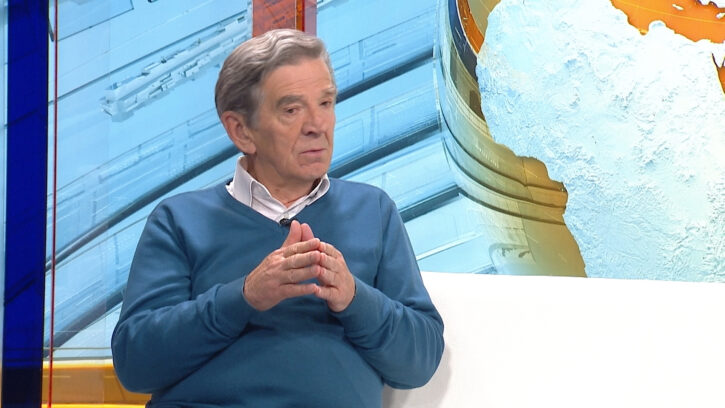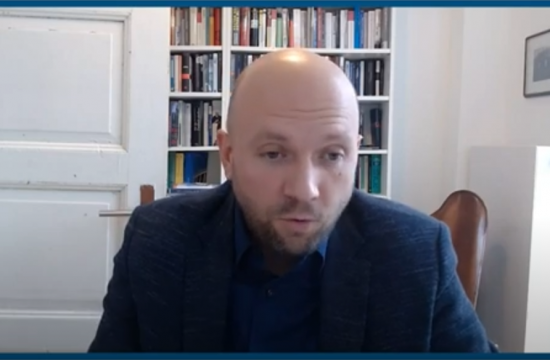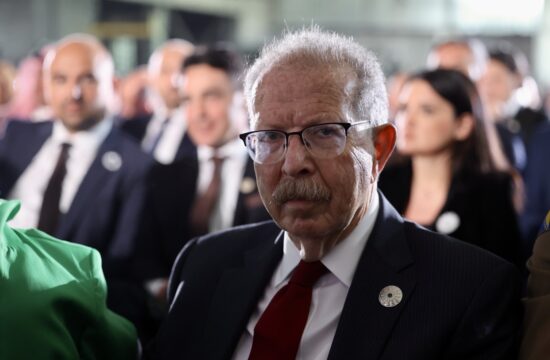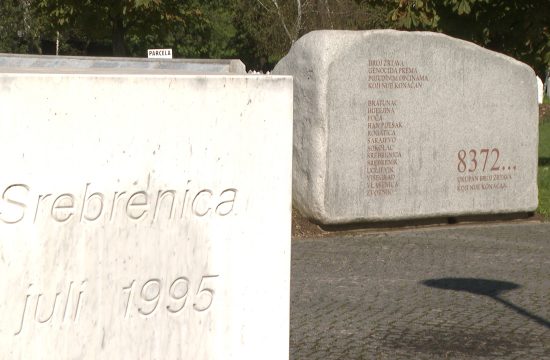
Bosnia is "more than a country," and represents an "idea" some forces in Europe seek to destroy, academic Esad Durakovic, a member of the Association of Writers of Bosnia and Herzegovina and Bosnia’s PEN Centre, told N1 on Monday.
Certain forces within the Union are pursuing a project that ultimately aims to divide it on an ethnic basis.
“For 25 years already they are striving to destroy and tear apart Bosnia and Herzegovina,” he said, but added that “they have not succeeded.”
Bosnia is “more than a state” and “more than a political party,” he said. Bosnia is also “an idea.”
The country can “serve as a role model for multiculturalism, multi-ethnicity and tolerance. Bosnia and Herzegovina should serve as a role model to the EU,” he said.
But the Union is not able to recognise those values, he said, due to its “bureaucratisation.”
According to the academic, the EU is “politically disoriented, dehumanised and bureaucratised” and lacks “true visionaries”, except for German Chancellor Angela Merkel. Her “retreat in the face of right-wing and pro-fascist forces is a sign that should worry all of us,” he added.
With their claim that ethnic Croats are discriminated against in Bosnia, the leadership of both the Croatian Democratic Union (HDZ) in Croatia and its branch in Bosnia were “permanently pushing a negative intervention,” or “aggressor diplomacy.”
“Croatian officials turn up in Bosnia and Herzegovina wherever and whenever they want to as if it was their territory,” and the EU is allowing such “flagrant interference in internal affairs in Bosnia and Herzegovina,” he said.
None of this would be happening, would the EU have “taught Croatia a lesson,” he said.
Durakovic also touched upon a recent statement by Serbian PM Ana Brnabic which sparked outrage in Bosnia when she denied that what happened in Srebrenica in 1995 was a genocide.
“It would have surprised me if the Prime Minister had said anything other than that,” he said.
“Serbia has not given up on Bosnia and Herzegovina as a spoil of war. Since the war and to this day, those who dominated the political scene there were people who were protagonists of the war – (Tomislav) Nikolic, (Ivica) Dacic, and (Aleksandar) Vucic,” he explained, adding that the Prime Minister is “saying what Vucic is thinking.”
Bosnian political parties are not reacting adequately to the politics of neighbouring Serbia and Croatia toward the country, he said, adding that parties are only acting as “interests communities.”
However, because of the country’s political construction, agreements in Bosnia are impossible, he said.
Commenting on the election of hardline Bosnian Serb leader Milorad Dodik, who has for years been advocating for Bosnia’s Serb-majority part to secede from the country, to the tripartite Presidency, Durakovic said that it was “absurd that a member of the Presidency is a gentleman who publicly says he dislikes this country.”




